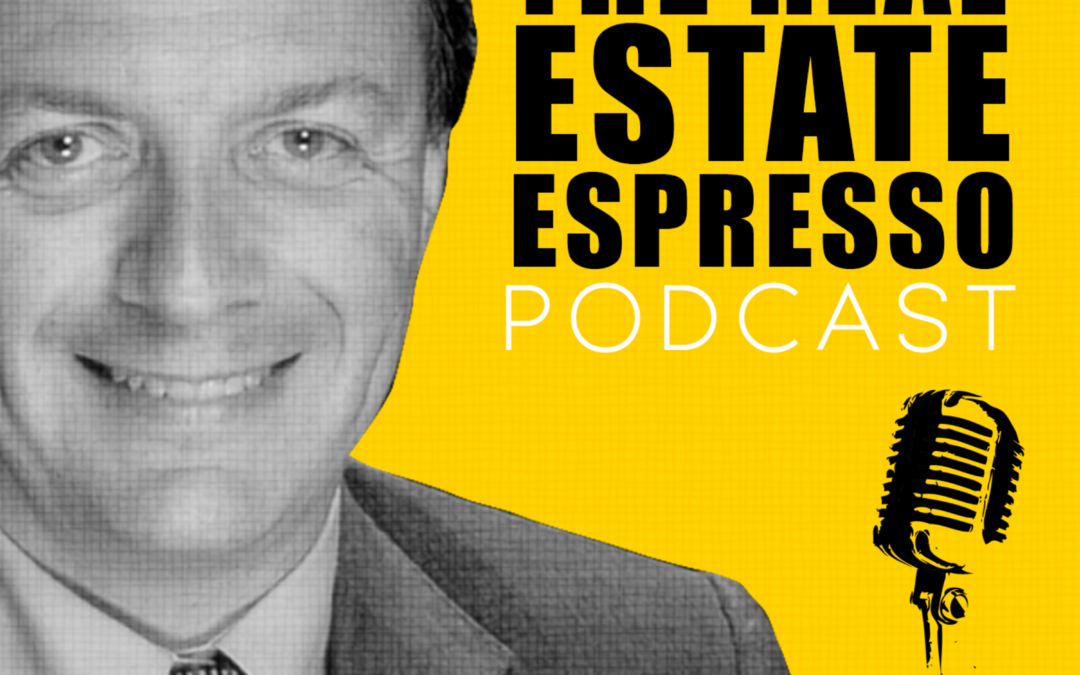On today’s show we’re talking about the great ideological debate about help, government help.
Our economy has suffered the largest fall in activity in recorded history. All of this is in the name of saving lives. Economic suffering is preferable to death. I’ve heard many articulate that some death is acceptable as long as it’s someone else’s death.
There are over 40 million people in the US newly unemployed as a result of the pandemic. It’s not clear how many have been re-hired. There’s more than 7 million in Canada who have received some form of assistance.
The payroll protection program kept a number of people employed at businesses that were forced to shut down. Now that these government dollars have been largely exhausted, it’s not clear whether these people will be kept on the payroll.
A study by Forbes in 2019 found that 78% of workers were living paycheck to paycheck. That is to say they had essentially zero financial buffer. A more recent study by Nielsen showed that 74% of all employees were living paycheck to paycheck.
The fact is, there is no good solution. We have a pandemic on our hands. The art is in finding the least worst solution. governments have tried to protect the public from the pandemic by imposing restrictions on movement, which has obviously hurt the economy. They’ve tried to compensate with financial assistance.
So here we are, four months into a pandemic and three months into a steep economic downturn. The political appetite for opening the government coffers and showering the population with cash seems to be waning.
But those three quarters of the population who were living paycheck to paycheck, are still living paycheck to paycheck. They haven’t magically amassed a war chest of cash in the past few months.
Some people believe that we just need to re-open the economy and let the economy take care of itself.
Some believe that government help breeds dependence.
Some believe that people are hurting and they need government help and they need it now.
Some believe that as our economy changes and many repetitive jobs are being replaced by a piece of hardware we need a universal basic income to provide for our population.
Well guess what? If you go looking, you’ll find multiple examples to support all of these arguments. They’re all valid, but not universally true. More importantly, I’m seeing people expend tremendous amounts of energy and time talking about what someone else should do. The government should do something. Big business should step in and help. The landlord should give the tenants a break.
You see economic activity is not the result of money being dumped into the economy. It’s the result of money circulating in the economy. If the government gives me a check for $1,000 and I put $800 towards rent and I spend the rest on groceries, that money isn’t doing much for the economy.
If instead I come across a problem that needs to be solved, and people are willing to spend money to solve it, then I have an opportunity to generate income. If it’s a big problem and I’ll need help, then I can hire people and put them to work on solving that problem too. Now that’s starting to feel like economic activity, and money circulating through the economy.
After all, isn’t that one of the fundamentals of business? In fact, it’s more acutely true today than at any other time in history.
While some people are at home watching movies, I’m busier than I’ve been in a long time. We still have a number of active projects. We still are attracting investment. Using your personal sense of agency is the key to getting the economy going again, but only for things that are needed now.



